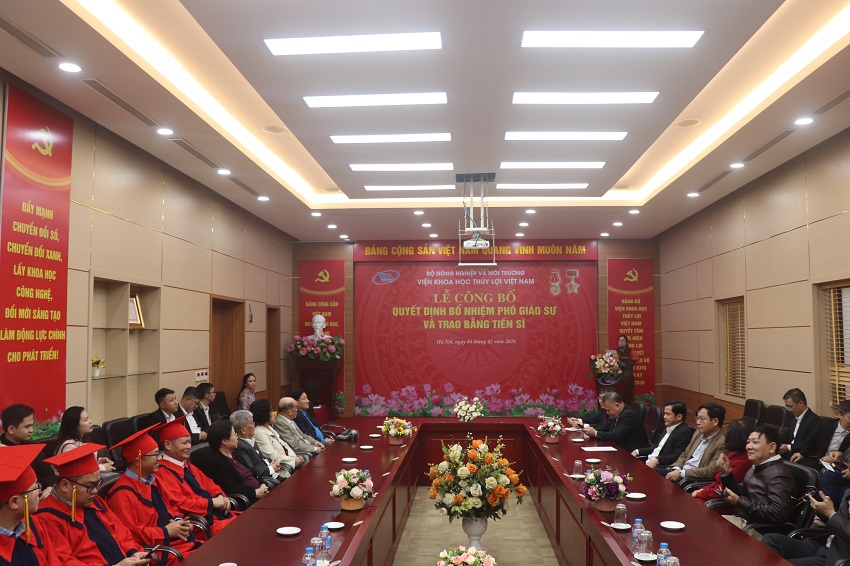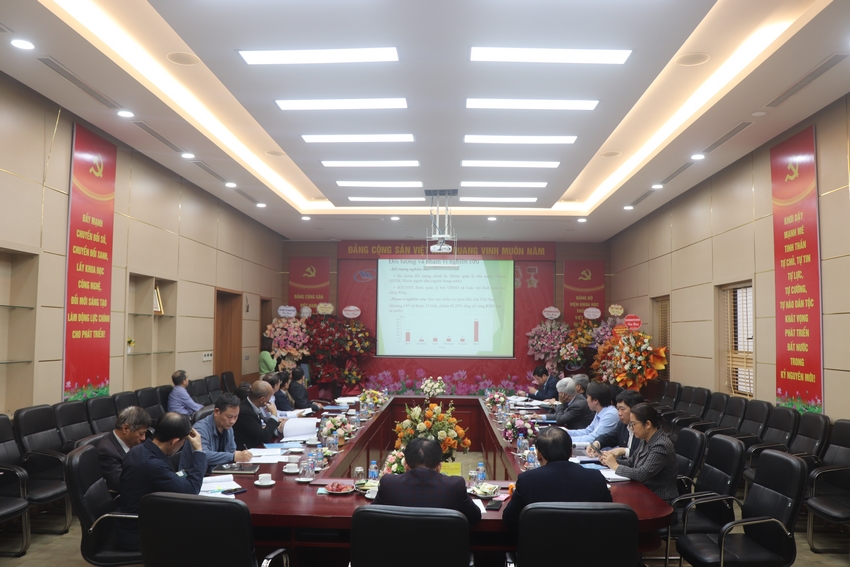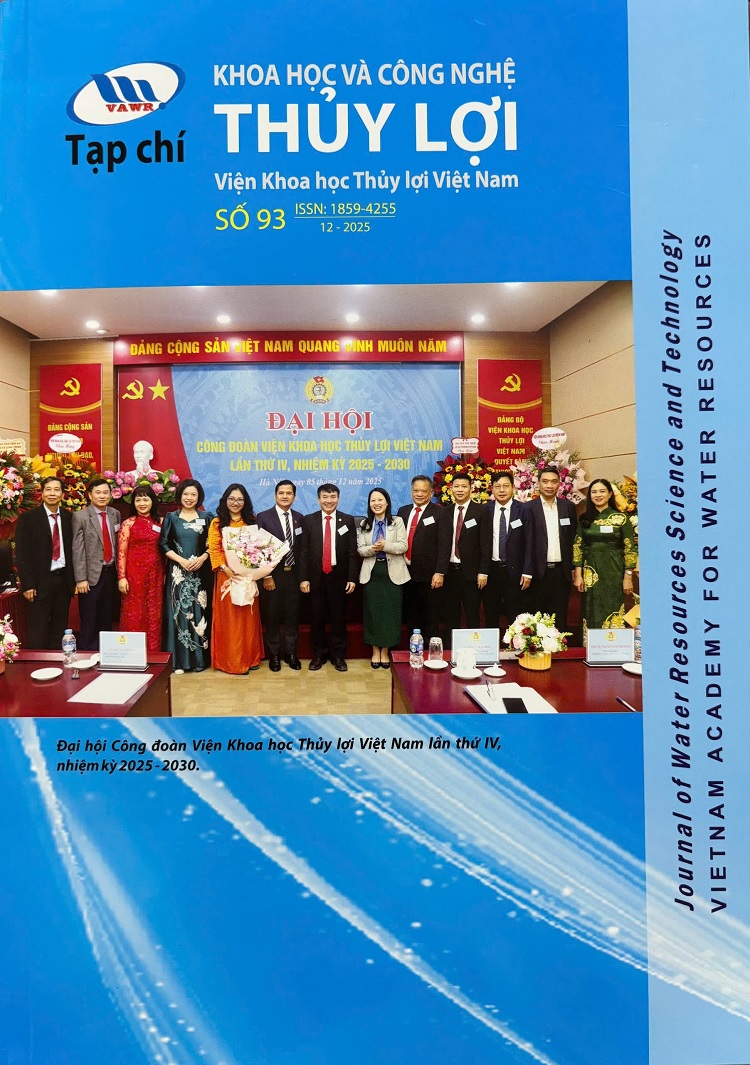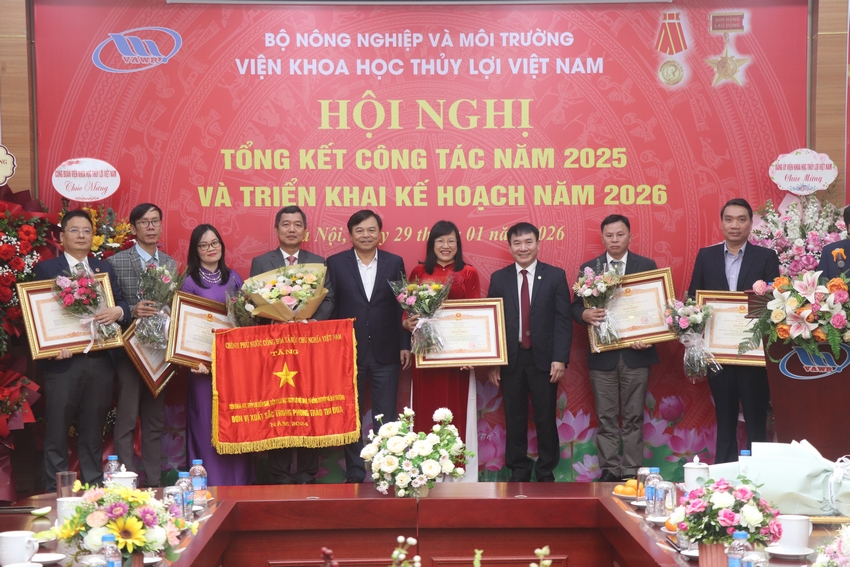Management Models and the Sustainability of Rural Water Supply Systems: An Analytical Investigation in Ha Nam Province, Vietnam
09/05/2024Abstract:
Clean water and sanitation is a global issue that has recently received special attention from governments and international organizations, as they essential to enhance people’s health and foster socio-economic development in different countries. Therefore, one of the United Nations’ Millennium Goals is to ensure access to safe drinking water for all as its target by 2030. However, ensuring water supply in rural regions, especially in developing countries, is a challenge. To meet the target, investing in infrastructure and maintaining the sustainability of water systems is crucial. This study takes into account the role of the management model of rural water supply systems and its relationship with the sustainability of the water systems. A weighing procedure for a sustainability assessment of rural water systems for the current study was proposed, then an ordered logit regression model was applied to examine the relationship between types of water system management models and the sustainability of the water systems in the context of Vietnam. The results from this study showed that type of management model had an influence on the sustainability of rural water supply systems, and the private management model was considered the one that significantly contributed to the sustainability of the rural water systems in the study area. The study provides some lessons learned for researchers in the field of rural water supply to select appropriate approaches to assess the sustainability of water systems and for policymakers to modify current policies toward more sustainable development of water infrastructure in the future, especially in developing countries.
1. Introduction
2. Management Models and Sustainability Assessment of Rural Water Supply
2.1. Management Models of Rural Water Supply
2.2. Sustainability Assessment of Rural Water Supply System
2.3. Rural Water Supply and Management Models in Vietnam
2.3.1. Community Management Model
2.3.2. Commune People’s Committee Model
2.3.3. Joint Stock Cooperative Model
2.3.4. Center of Rural Water Supply and Environmental Sanitation Models
2.3.5. Enterprise or Private Models
2.3.6. Summary of Management Models
3. Study Area
4. Methodology
4.1. Determining the Weight
4.2. Determine the Score According to Sustainability Level
5. Results and Discussion
6. Conclusions
References
——————————————————————————————————————
Truong Duc Toan 1,* , Dang Ngoc Hanh2 and Dao Thi Thu2
1 Department of Economics, Faculty of Economics and Management, Thuyloi University, Dong Da District,
Hanoi 100000, Vietnam
2 Institute for Water Resources Economics and Management, Vietnam Academy for Water Resources,
Dong Da District, Hanoi 100000, Vietnam; hanh_dn@yahoo.com (D.N.H.)
* Correspondence: toantd@tlu.edu.vn
Sustainability 2023, 15, 9212 https://www.mdpi.com/journal/sustainability
Ý kiến góp ý:








